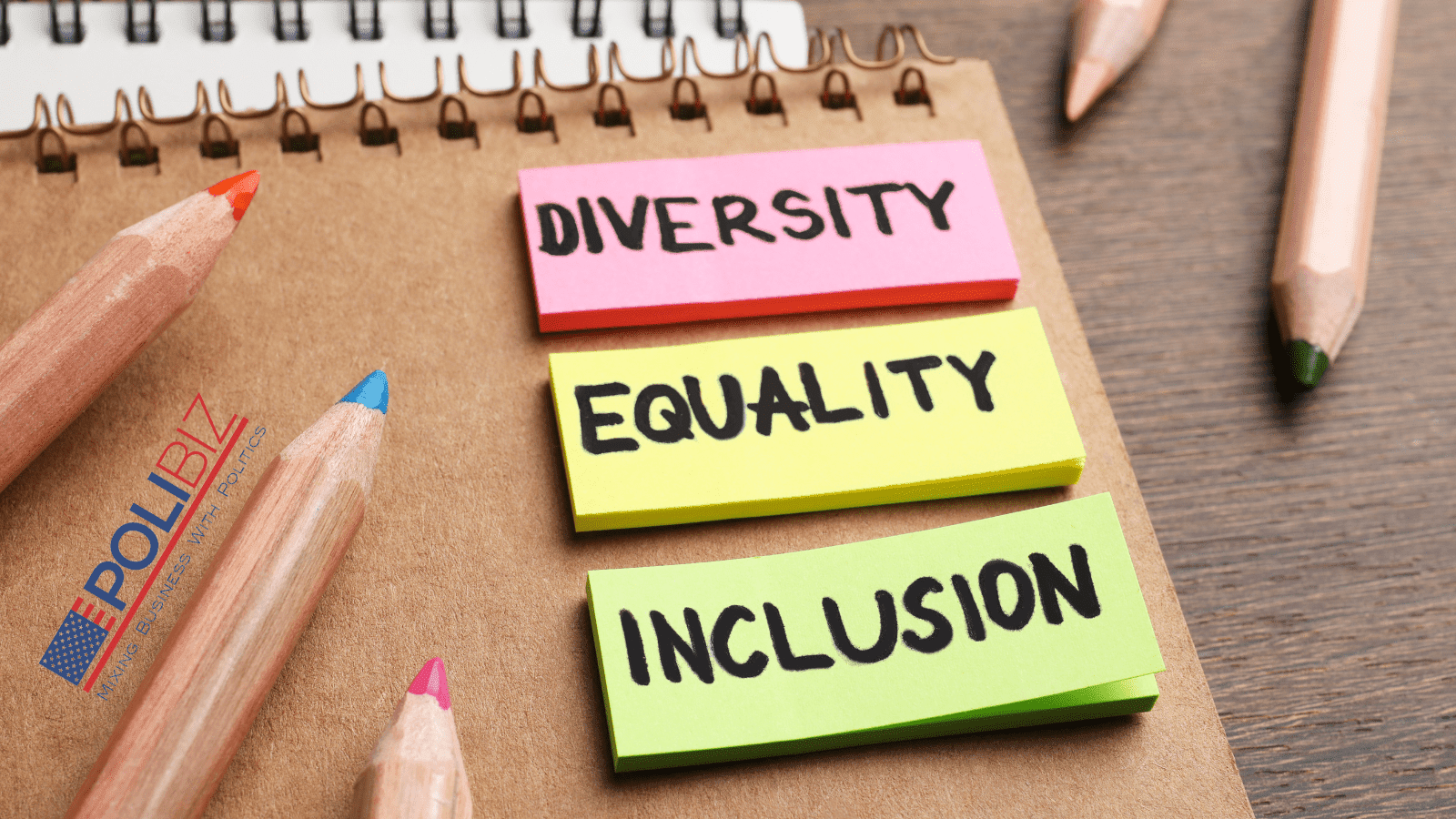
Diversity, Equity, and Inclusion has been a big push for companies over the past decade. It has altered hiring practices with the aim of eliminating discrimination in the workplace. DEI initiatives have been used to put traditionally marginalized groups on equal footing when it comes to hiring practices and even organization structure within the workplace. These have faced their fair share of criticism in the past, yet they have come under major fire with the new presidency. Trump signed a flurry of executive orders during his first day in office and some of those orders were targeted towards dismantling government and private sector DEI initiatives. Why does Trump want to undo these programs and what will the repercussions be?
DEI is a generic label that covers a wide range of initiatives designed to help marginalized group thrive. The initiatives protect people based on race, religion, gender, sexual orientation, and disability. The aim of these programs is simple, even if there isn’t a uniform way in which they were implemented. Traditionally the workplace has been dominated by white males and these systems have been used to prevent discrimination against groups that are different. There has always been pushback on anything against the status quo and it has gained steam in recent years. In 2023 the U.S. Supreme Court ruled against race-conscious admissions in colleges and universities. It is no surprise that DEI was the next target. The concern from those who want to see it ended think that these programs promote discrimination rather than fight it by discriminating against groups that dominated workplaces in the past. However, in no ambiguous terms, Diversity, Equity, and Inclusion is essential because it levels the playing field, ensuring that opportunities are based on actual ability and potential rather than outdated biases that have created systemic barriers to qualified, and often overqualified, individuals because of how they look, think, believe, or love.
Trumps executive orders directed federal agencies to terminate all “equity-related” grants or contracts. A second order required all federal contractors to certify that they don’t promote DEI. These commands effectively eliminate DEI initiatives within the government, and it would only be a matter of time before the private sector follows suit. We still don’t know the full fallout of these mandates as they have been blocked by the federal judge who determined that the orders are likely to carry constitutional and civil rights violations.
Even with the executive orders on hold, we have seen private corporations begin to reverse their DEI initiatives. Major companies like Amazon, Target, and Disney have already dropped or significantly rolled back these programs. Just a few short years ago these same companies touted these ideals as one of their company pillars. Such a shift is bound to cause backlash and customers have made their voices heard. It is estimated that a third of all consumers have pulled back from shopping at brands that have stopped DEI initiatives. Target alone has seen a 12% drop in their stock price since they made their decision. This is not surprising since they frequently spoke about their DEI initiatives during earnings calls. Target even committed to expanding Black employee representation by 20%; that is now gone. Alternatively, companies such as Costco, Lush, Patagonia, Apple, Microsoft, and more have hardened their resolve to continue their diversity efforts, many of which are experiencing soaring stock prices because of shifting consumer preferences.
Quick shifts like this are hard for investors and consumers to swallow. Consumers like to shop based on convictions. They search for companies that align with their values, and it appears that dropping DEI is not sitting well with these more socially conscious consumers. It’s possible that these companies could reverse course, especially with the current block on Trump’s executive orders. The call for boycotts is getting stronger and consumers have responded so far. In fact, the next purchase-free economic blackout day of protest is on February 28th with more scheduled throughout the coming months. Only time will tell if corporations change their mind and recommit to DEI policies and if consumers would be willing to forgive them.
The fervor over DEI initiatives is only beginning. We will have to see if the injunctions against Trump’s executive orders hold or if he will double down. We don’t know how other companies will respond. The ones that have dropped DEI have faced public scrutiny that is also affecting the bottom line. Clearly these companies had a reason to want to abandon these policies so quickly. Will consumers accept it if they change their mind and bring back those policies? All this public outcry could cause other businesses to hold onto their initiatives or perhaps even implement new ones. Consumers are making their voices heard and now the ball is back in court of the corporations who have claimed they want the best for the communities in which they operate. Time will reveal the truth.

June 26, 2025
If you’re running a B2B company right now, you’re probably watching the headlines about major retail and restaurant chains going…
April 3, 2025
So, here’s the deal: On April 2, 2025, President Trump announced a huge set of new tariffs—starting at 10% on…
March 6, 2025
President Trump has made his first address to a joint session of congress. Traditionally this would have been a State…